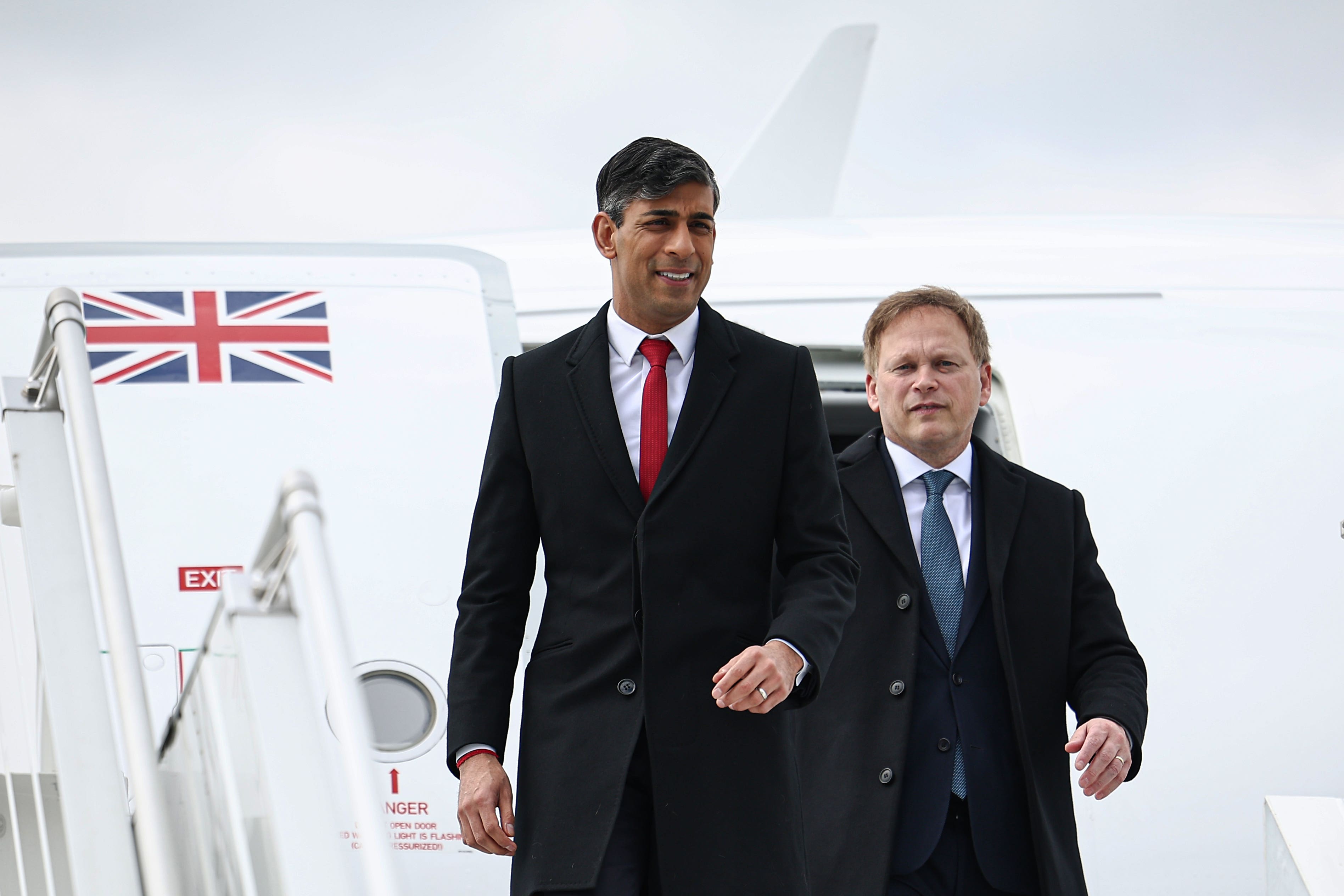UK urges Nato allies to adopt 2.5% defence spending commitment
Rishi Sunak announced a plan for the UK to spend 2.5% of gross domestic product on defence by 2030 and now wants allies to follow suit.

Rishi Sunak will use a summit marking the 75th anniversary of Nato to lobby allies to match his defence spending commitment.
At the Washington DC summit in July, the Prime Minister and Defence Secretary Grant Shapps will argue that spending 2.5% of gross domestic product (GDP) should be the benchmark for members of the alliance.
Mr Sunak has committed to reaching 2.5% by 2030, spending more than £75 billion more on defence over the next six years compared with current levels.
The commitment will be funded by slashing 72,000 civil service jobs, but economists have warned it will also require deep cuts in other areas of public spending.
“That actually will take the civil service back to where it was before Covid, so I think that is a very reasonable thing to do,” Mr Shapps told Times Radio.
“And we’re simply saying that defence of the realm is the absolute number one priority, it comes before everything else and if we don’t defend the nation, then everything else becomes slightly less of an issue.”
The current Nato target for defence spending is 2% – although only 11 members of the alliance met that goal in 2023.
The UK Government wants that benchmark to increase to 2.5%, which would add £140 billion to the Nato budget if met by all 32 members.
“We’re now saying we think that should be 2.5%. We think in a more dangerous world that would make sense,” Mr Shapps said.
He told Sky News: “I will be arguing that, and I know that the Prime Minister feels strongly about it, when we go to the Nato 75th anniversary summit which is in Washington DC.”
The 2% target was set 10 ago “when we didn’t have the significant rise of China, North Korea now nuclear-armed, Iran attacking and using its proxies to attack, and a very much less stable world given Russia’s full scale invasion of Ukraine”, Mr Shapps said.
The Institute for Fiscal Studies (IFS) said unprotected areas of public spending will now face cuts of around 4% a year after 2025 to help meet the defence commitment.
“For decades, steady reductions in the amount spent on defence allowed for extra spending on things like the NHS without a need to increase taxes. In essence, we replaced a warfare state with a welfare state,” IFS economist Ben Zaranko said.
“The challenge now is that we’re going to have to pay for both.”
The Tories hope the Prime Minister’s commitment will be a key dividing line with Labour at the general election.
Labour has promised to conduct a strategic defence and security review in its first year in office to understand the resources required to meet the threats facing the UK, but has also committed to a 2.5% target when finances allow.
Mr Shapps said he was “very disappointed” by the Opposition’s response.
But shadow defence secretary John Healey said the Tories “have shown time and time again that they cannot be trusted”, and “since 2010, the Conservatives have wasted more than £15 billion mismanaging defence procurement, shrunk the army to its smallest size since Napoleon, missed their recruitment targets every year, and allowed morale to fall to record lows”.
Bookmark popover
Removed from bookmarks